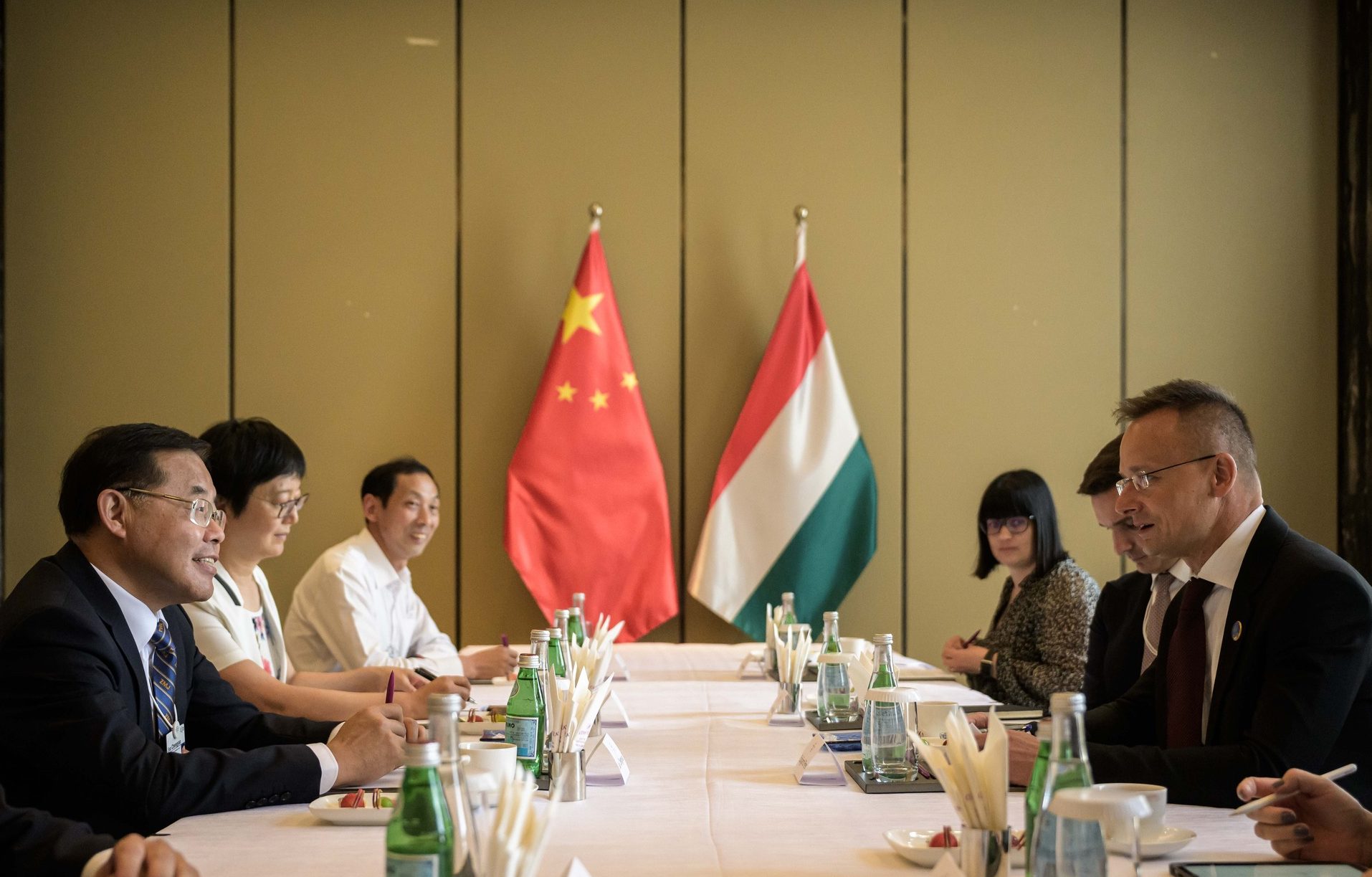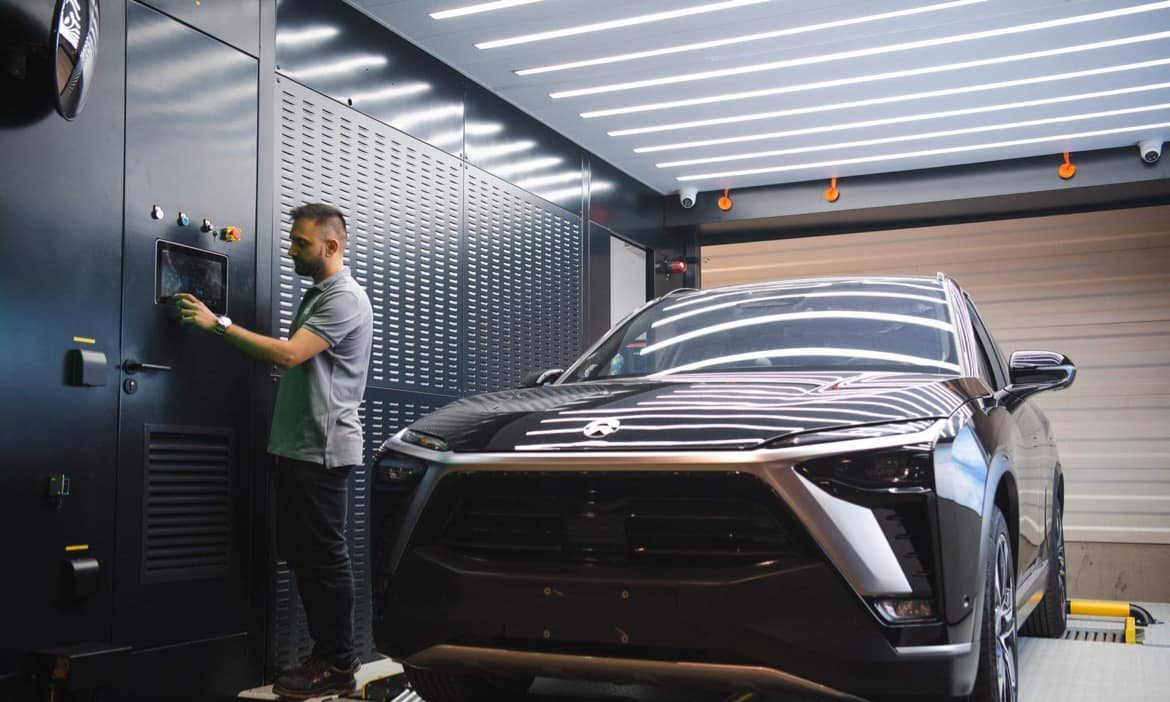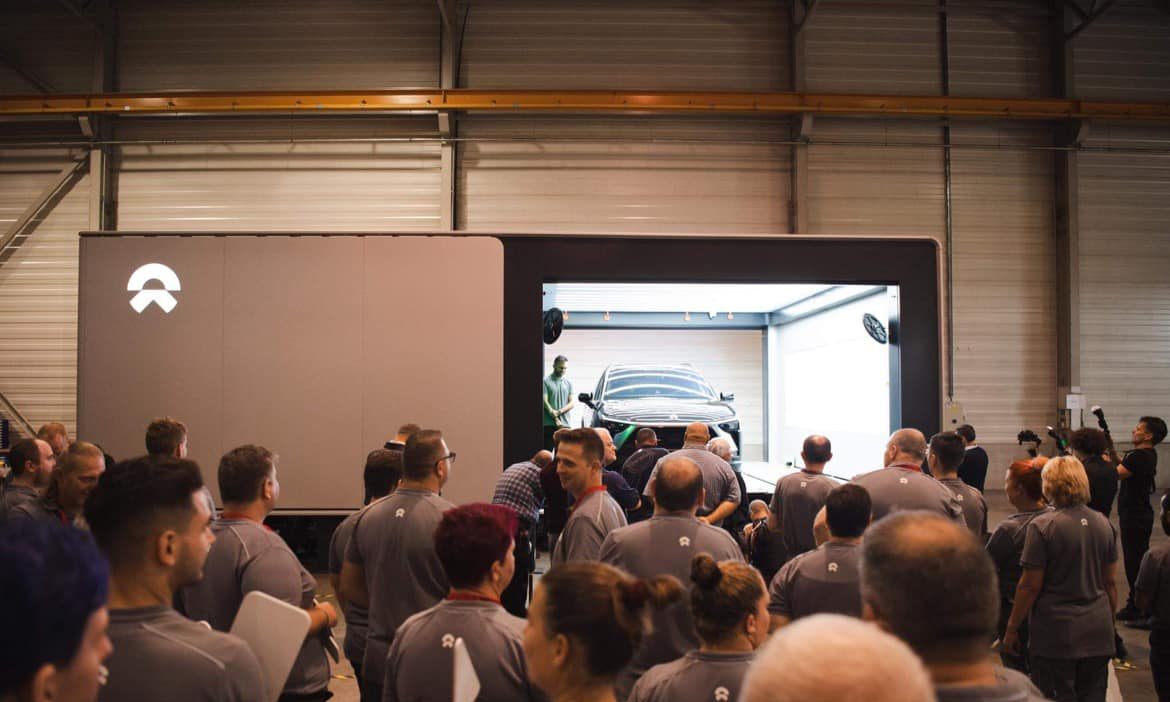
After 2020, Chinese companies will continue to bring the most investment to Hungary this year.Continue reading

“We have received a lot of support from the Hungarian government. Hungary is relatively cheap, very friendly, and close to our main markets. From here we can provide training and technical support for the whole of Europe,” stated NIO Vice President Yang Chow in a report on Chinese television CGTN. The Chinese automotive company has set up its first European plant in Biatorbágy (near Budapest) with a HUF 5.5 billion (EUR 14.1 million) investment, in addition to a government grant of HUF 1.7 billion (EUR 4.3 million).
As Világgazdaság reports, NIO manufactures battery exchange network stations in Hungary, as many as 240 per year. The station can swap the batteries of compatible cars for fully charged ones in a few minutes. This means they can go from a long recharging phase to a refueling journey in just a few minutes. This solution is not yet common in Europe, but is becoming increasingly popular in China, and the company hopes to make major expansions on the continent.

The inauguration of the plant last year in September. Photo via Facebook/Menczer Tamás
Based on the CGTN report, car owners drive into one of these battery exchange stations, spend just five minutes, and the machine automatically removes the flat battery, sends it to be charged, and replaces it with a fully charged one.
NIO’s competitors, including Tesla, have already abandoned this project, and are looking for other ways to extend their range, but the Chinese company says there is a future for this solution.
As plant manager Tibor Sőregi noted, this Chinese investment is important for the whole of Europe, and it is significant that although the products are based on Chinese knowledge and designs, they are still made in Hungary, on almost 10,000 square meters of land.
NIO operates 1,200 stations in China and the 18 European ones that have opened so far were also made in China.
It is focusing primarily on motorways, with six hundred stations being set up, while four hundred of these complex boxes will be installed around busy urban junctions. NIO, aiming to become one of the five largest car manufacturers, is also stepping up its battery activities: the 150 kilowatt-hour super-powered energy source promised last year, with a range of around 1,000 kilometers, is still to come, but not for long.
By the end of last year, Hungary had attracted the most Chinese investment in the Eastern European region.
Cooperation between the two countries is ongoing, with many of the world’s largest electric battery manufacturers such as China’s Eve Power, BYD, and CATL already present.
Via Világgazdaság, Featured image via Facebook/Menczer Tamás